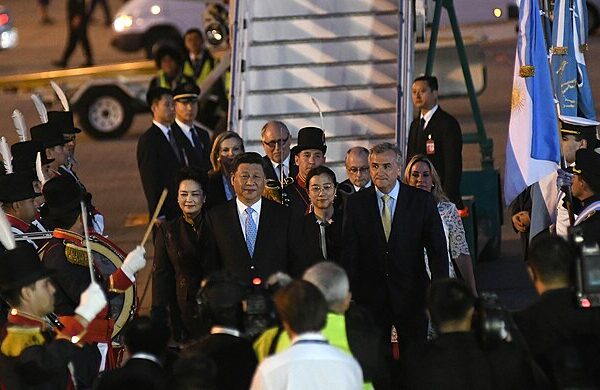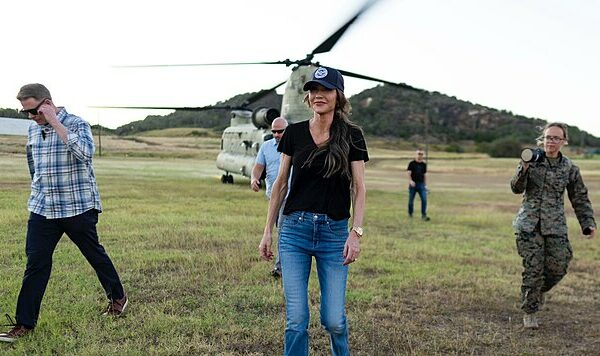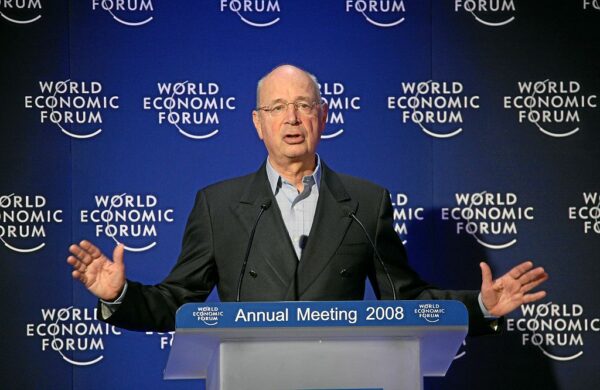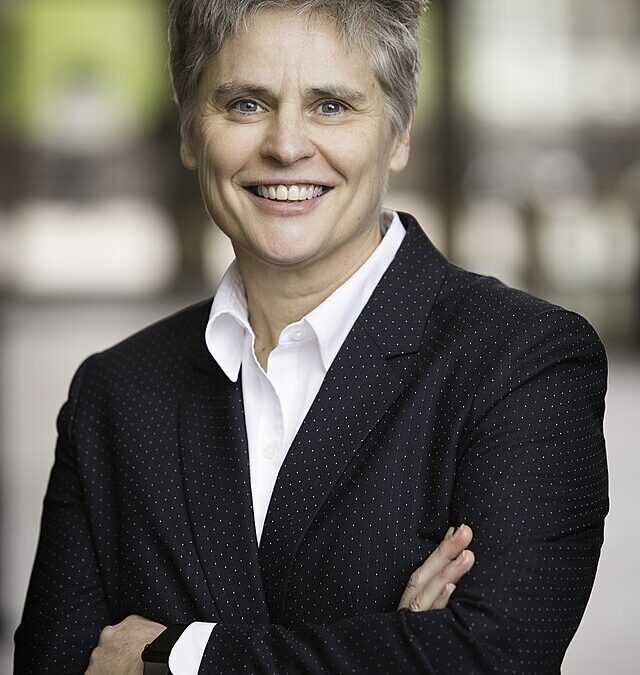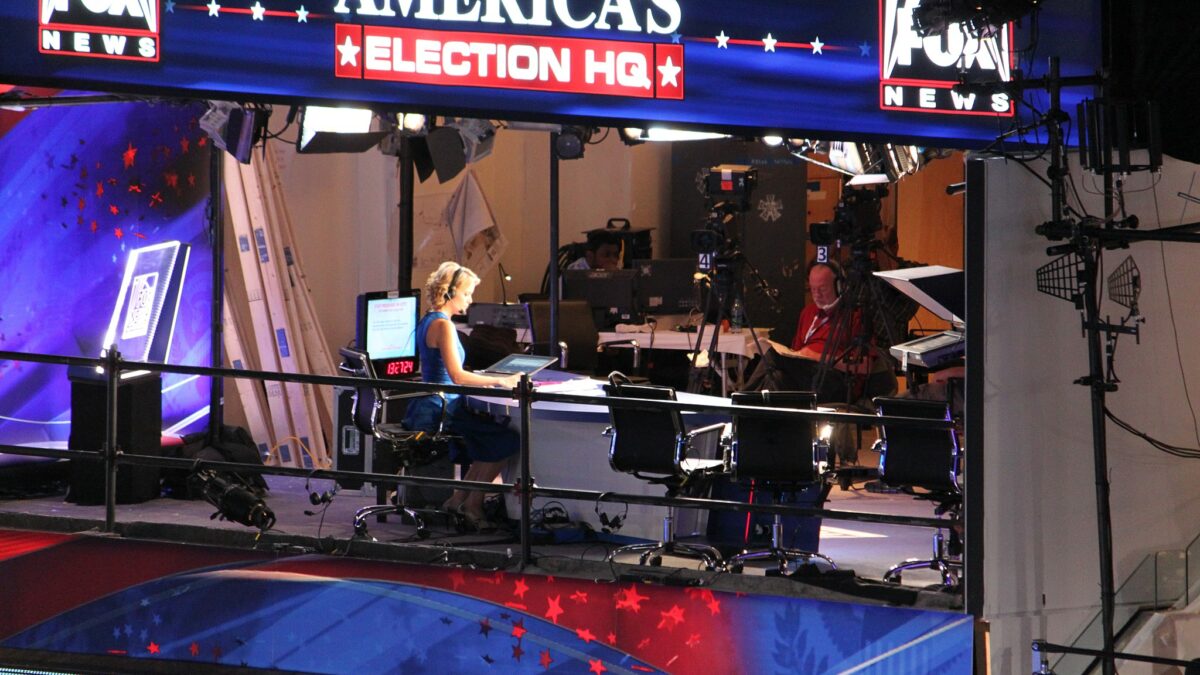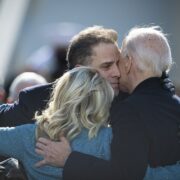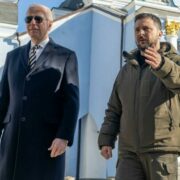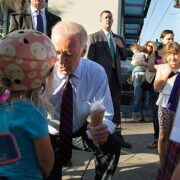
Europe seems itching for a fight. In a surprise announcement, the British Prime Minister, Keir Starmer, has expressed a willingness to deploy UK troops to Ukraine as part of a postwar settlement—an acknowledgment that lasting peace may require military enforcement. Writing in The Daily Telegraph, Starmer framed the potential deployment as both a deterrent to future Russian aggression and a necessary safeguard against a temporary armistice turning into yet another precursor to war.
“I do not say that lightly,” Starmer emphasized, recognizing the gravity of a decision that could put British servicemen and women in harm’s way. However, he argued that securing Ukraine’s sovereignty is essential to ensuring the stability of the entire continent—a necessary defense against Moscow’s expansionist ambitions. The possibility of British troops stationed at the center of Europe’s most volatile conflict represents a significant shift from previous UK policy, which had primarily focused on military aid, training initiatives, and economic support.
Starmer’s statement comes ahead of an emergency summit in Paris, where he is set to meet with European leaders to discuss the trajectory of the war, the shifting diplomatic landscape, and the West’s role in shaping an eventual settlement, according to the BBC.
The prime minister’s comments follow warnings from senior military officials that Britain’s armed forces, after years of underfunding, are ill-prepared to lead any peacekeeping operation. Lord Dannatt, former head of the British Army, described the military as “so run down” that any large-scale deployment would require significant reinvestment. “Frankly, we don’t have the numbers or the equipment to put a large force on the ground for an extended period of time,” he cautioned. His concerns were echoed by Sir John Sawers, the former head of MI6, who stressed that any international peacekeeping force must have “a very clear mandate” to prevent it from becoming trapped in an indefinite and unstable ceasefire.
Starmer’s pledge to support Ukraine’s security comes amid growing diplomatic tensions between Washington and Moscow that have increasingly sidelined European nations. The United States, under President Donald Trump, has signaled a desire to negotiate a peace deal independently—an approach that has unsettled Kyiv and many European allies. Trump’s recent assertion that negotiations to end the war would begin “immediately” has intensified concerns that Western unity is fracturing, with Washington dictating terms while European capitals struggle to maintain influence. Reports suggest that U.S. Secretary of State Marco Rubio is preparing to meet Russian officials in Saudi Arabia, while European leaders remain on the sidelines as mere observers. Notably, Ukraine has not even been invited to these discussions—a stark reminder that great-power diplomacy threatens to reduce Ukraine to a pawn rather than a sovereign participant in shaping its own future.
President Donald Trump has taken a significantly different approach toward the conflict since coming into office. Whereas Joe Biden and his European allies seemed willing to escalate the war with Russia, going so far as deploying American anti-personnel mines and long-range missiles to aid Ukraine and increasing the risk of nuclear war, the current president has been outspoken about ending the war at all costs.
Starmer, fully aware of the implications, cautioned against any peace settlement that excludes Ukraine from negotiations. “Peace cannot come at any cost,” he wrote. “Ukraine must be at the table, because anything less would validate Putin’s assertion that Ukraine is not a legitimate nation.” Drawing a historical parallel, he referenced the U.S.-Taliban negotiations that sidelined the Afghan government—an agreement brokered under Trump and later implemented by the Biden administration. “I feel sure that President Trump will want to avoid this too,” he added, in what appeared to be an appeal to Washington’s sense of strategic responsibility.
While Starmer advocates for a more assertive European role in shaping the postwar order, concerns remain about Britain’s military readiness. The UK has pledged to increase defense spending to two and a half percent of GDP, but Lord Dannatt dismissed this target as inadequate. He estimated that a peacekeeping mission in Ukraine would require up to 30,000 British troops—a commitment that would likely necessitate mobilizing reservists. In contrast, Trump has called for NATO members to raise their defense spending to five percent of GDP, while NATO Secretary General Mark Rutte has suggested a three percent threshold.
At Monday’s summit in Paris, Starmer will meet with leaders from Germany, Italy, Poland, Spain, the Netherlands, and Denmark, as well as representatives from the European Council and the European Commission. The gathering reflects growing anxiety among European nations that Washington’s unilateral engagement with Moscow could result in a settlement that is unacceptable to both Ukraine and its allies.
The begging for America to continue to support Ukraine and up the ante against Russia is a curious call from Europeans. Just last month, many of the same nations threatened the United States by proposing to move troops into Greenland.
[Read More: Taxpayer-funded Group Demands Power]


